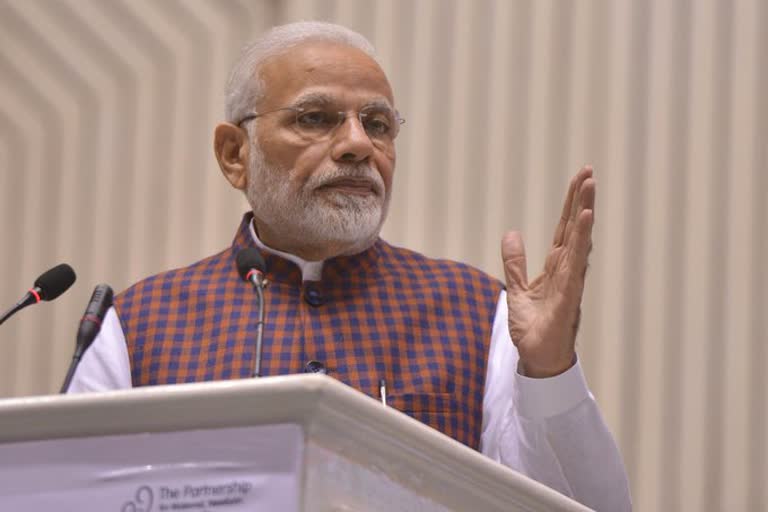Singapore: Two Singapore based business leaders have urged Prime Minister Narendra Modi to take a bold step to put India as a leading Asian economy in the Regional Comprehensive Economic Partnership (RCEP) that the member nations are expected to sign this November.
The appeal was made by Singapore-based businessman Girija Pande, Chairman, Apex Avalon Consulting, and Asian Trade Centre Executive Director Dr Deborah Elms.
"With a thumping election win behind him, the Prime Minister has the backing of the nation to take the bold steps he is known for, to Act East' rather than just look East', Pande told PTI in an interview.
The 16-member Regional Comprehensive Economic Partnership (RCEP) bloc aims to cover among the issues related to goods, services, investments, economic and technical cooperation, competition and intellectual property rights.
It includes 10 countries of ASEAN (Brunei, Cambodia, Indonesia, Laos, Malaysia, Myanmar, the Philippines, Singapore, Thailand, and Vietnam) and their six free trade pact partners namely Australia, China, India, Japan, Korea and New Zealand.
In March this year, the members of the group, including India and China, agreed to intensify the negotiations for a proposed mega-trade agreement to resolve all issues and conclude the talks this year.
The two business leaders said that foreign investors will be most comfortable knowing that Indian policy will be tethered to the RCEP platform and policy reversal will be avoided.
Read More: Oil companies likely to resume fuel supply to Air India at six airports
They noted India's concern about China dominating manufacturing and industrial outputs through the RCEP as well as agri-product competition from Australia and New Zealand.
In 1991, India opened its economy boldly to foreigners regardless of concerns of its industry and thereafter signed up to the World Trade Organisation (WTO).
The result was a spectacular growth spurt for three decades. Another such 1991 moment awaits in the RCEP, said Pande, who published a book on opportunities/challenges in building a business in China.
Elms said the stakes for the RCEP are greater than most Asian participants imagine.
The stakes for the RCEP are greater than most Asian participants imagine. For India, particularly, this becomes more critical, added Elms, also Vice-Chair of the Asia Business Trade Association in Singapore.
She said India's next stage of growth requires a second growth engine of exports.
India's next stage of growth requires a second growth engine of exports to Asian markets as its traditional Western markets become less dependable in future, stressed Elms.
But they pointed out that India's plans to attract Asian supply chains - currently centred in China - to scale its manufacturing base will remain in the paper if it opts out.
"India's current objections in the RCEP negotiations are primarily that there was no major support for its competitive services industry - especially the freer movement of professionals and threat of Chinese exports overwhelming its domestic industry," Pande said.
He said India also fears Agri commodities trading disadvantages with Australia and New Zealand.
"It should be same with Australia and New Zealand with regards to the few Agri commodities," they said.
The two business leaders said that India should negotiate with the Chinese to agree for opening up few specifics sectors such as steel.
India needs political intervention at the highest level to break this log jam and be seen to be proactive in a spirit of giving and take in its negotiations in RCEP.
Without RCEP, India's integration with fast-growing Asia will be incomplete, they said.
Failure to get RCEP done now will be more than a missed generational opportunity for India, they said in a cautionary note.



